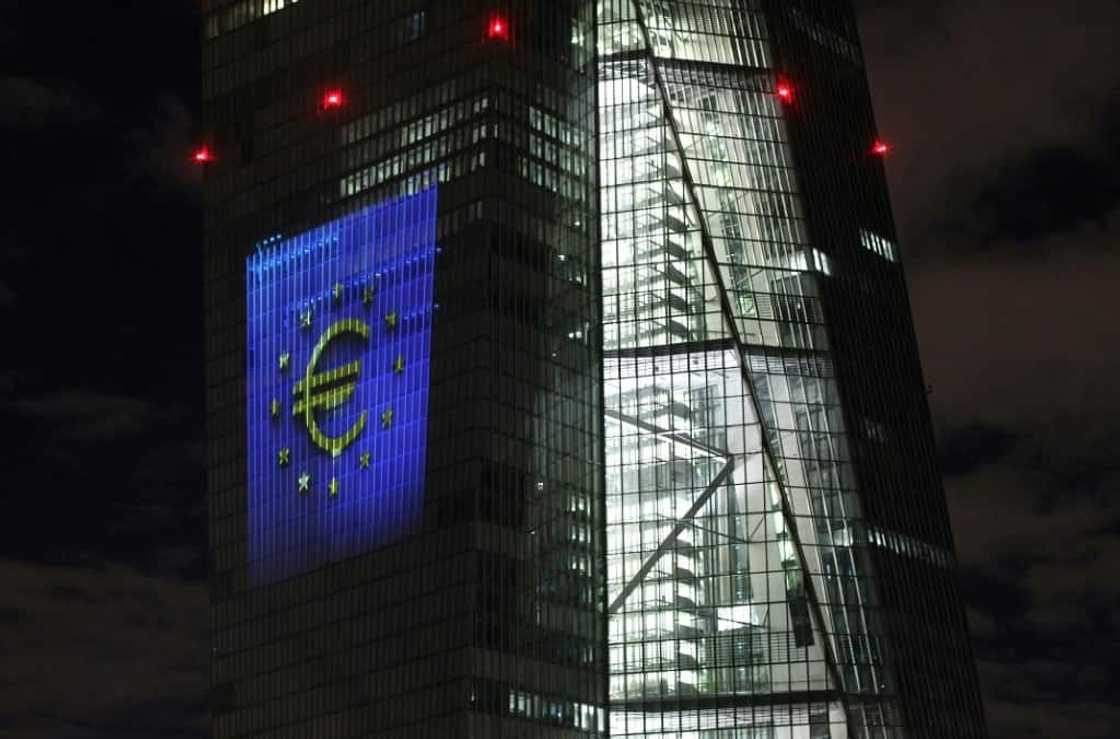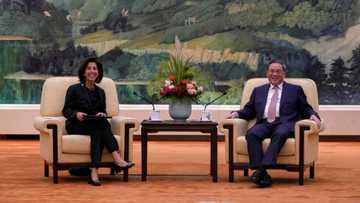ECB greenlights next stage of digital euro project

Source: AFP
PAY ATTENTION: Watch our new ranking show on YouTube now! Click here or search BIAS TEST on Briefly TV channel.
The European Central Bank moved closer to creating a "digital euro" Wednesday by greenlighting the next stage in the project, even as questions persist about the potential benefits and risks.
The ECB's governing council has agreed to launch a two-year "preparation phase" from November, the bank said in a statement, while stressing that the final decision on launching a virtual currency had not yet been made.
"We need to prepare our currency for the future," said ECB president Christine Lagarde, adding that a digital euro would "coexist alongside physical cash" while "leaving no one behind".
From China to the United States, Jamaica to Japan, more than 100 central banks worldwide are exploring or preparing to put in place digital currencies as electronic payments grow, changing the way people spend their money.
A digital euro would be an electronic version of euro notes and coins, issued by the ECB and held in a digital wallet.
"We envisage a digital euro as a digital form of cash that can be used for all digital payments, free of charge, and that meets the highest privacy standards," Lagarde said.
Central bank-backed digital currencies (CBDCs) have been touted as a risk-free alternative to private, highly volatile cryptocurrencies like Bitcoin which have seen a rise in popularity in recent years.
A digital euro would also offer a "pan-European" payment solution, the ECB said, countering the dominance of foreign payment giants like MasterCard, Visa or PayPal in the 20-nation eurozone.
Enthusiasts say a digital euro will complement cash and ensure the ECB does not leave a gap later filled by private -- usually non-EU -- players and other central banks.
But critics say there is no clear rationale for a digital euro given the many cashless payment options available already, while commercial banks worry about customers shifting their funds over to digital euro accounts and wallets.
Eurozone citizens have "access to a huge number of means of payment for everyday transactions, so the idea of launching an additional means of payment... is not something that comes naturally," Erick Lacourrege, managing director of payment methods at the Bank of France, told reporters.
But he cited the rapid decline in the use of cash, as well as concerns about payment "sovereignty" in the eurozone as reasons to continue developing the project.
"We find ourselves in a situation where all our daily payments rely on non-European actors and possibly, in the future, on non-European big tech companies," he said.
PAY ATTENTION: Сheck out news that is picked exactly for YOU ➡️ click on “Recommended for you” and enjoy!
Source: AFP



